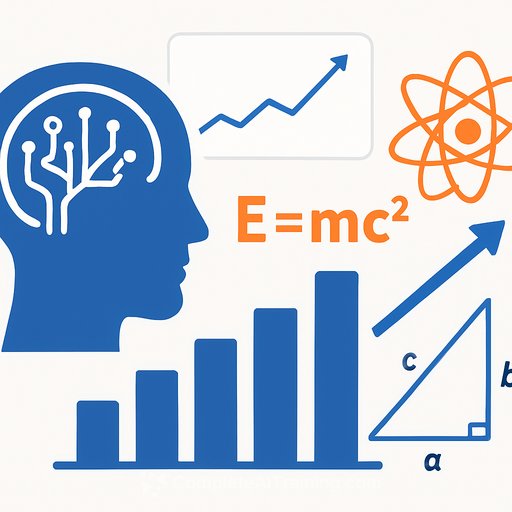Scientists Call for Open Access to All Research Data for AI Learning
Experts emphasize the importance of making all research data—including negative and inconclusive results—available for AI training. This approach aims to prevent blind spots in machine learning models caused by missing or inaccessible data.
Michele Darrow and Mark Basham of the Rosalind Franklin Institute highlight that much research data remains "inaccessible, incomplete, or simply unusable" by both researchers and AI systems. They argue that publicly funded research data, including what is often called ‘dark data’—unpublished or unshared results—should be open to the public to enhance AI learning.
The Problem with ‘Dark’ Data
Dark data typically comes from experiments that fail or produce inconclusive results. These data sets rarely get published because academic journals tend to prioritize studies that confirm or refute hypotheses. Preparing and submitting this data requires significant time and effort, which discourages researchers from sharing without automated processes.
Researchers also face understandable concerns about sharing data they have invested years in collecting. Career advancement and funding often rely on being the first to interpret and publish findings.
Long-Term Storage and Accessibility
Darrow and Basham stress that making data AI-friendly today means little if it is not preserved properly for future use. Long-term storage demands ongoing funding and infrastructure, along with a culture that supports data stewardship from researchers, funders, and publishers alike.
The UK’s National Data Library and UK Research and Innovation’s (UKRI) open data policies are positive steps toward improving accessibility. However, these initiatives must further encourage openness across the research ecosystem to avoid building AI models on incomplete or biased foundations shaped by forgotten data.
Why This Matters for Research and AI Development
- Ensures AI models are trained on comprehensive datasets, reducing blind spots.
- Maximizes the value of publicly funded research by making all results accessible.
- Supports transparency and reproducibility in scientific research.
- Encourages a cultural shift towards long-term data care and sharing.
Failing to address these issues risks perpetuating gaps in AI training data, which can lead to biased or incomplete models. Opening up all research data, including dark data, can help build more reliable and accurate AI systems.
For those interested in AI learning and data management, exploring courses and certifications can provide practical skills to handle and utilize research data effectively. Visit Complete AI Training for a range of resources tailored to AI and data professionals.
Your membership also unlocks:






